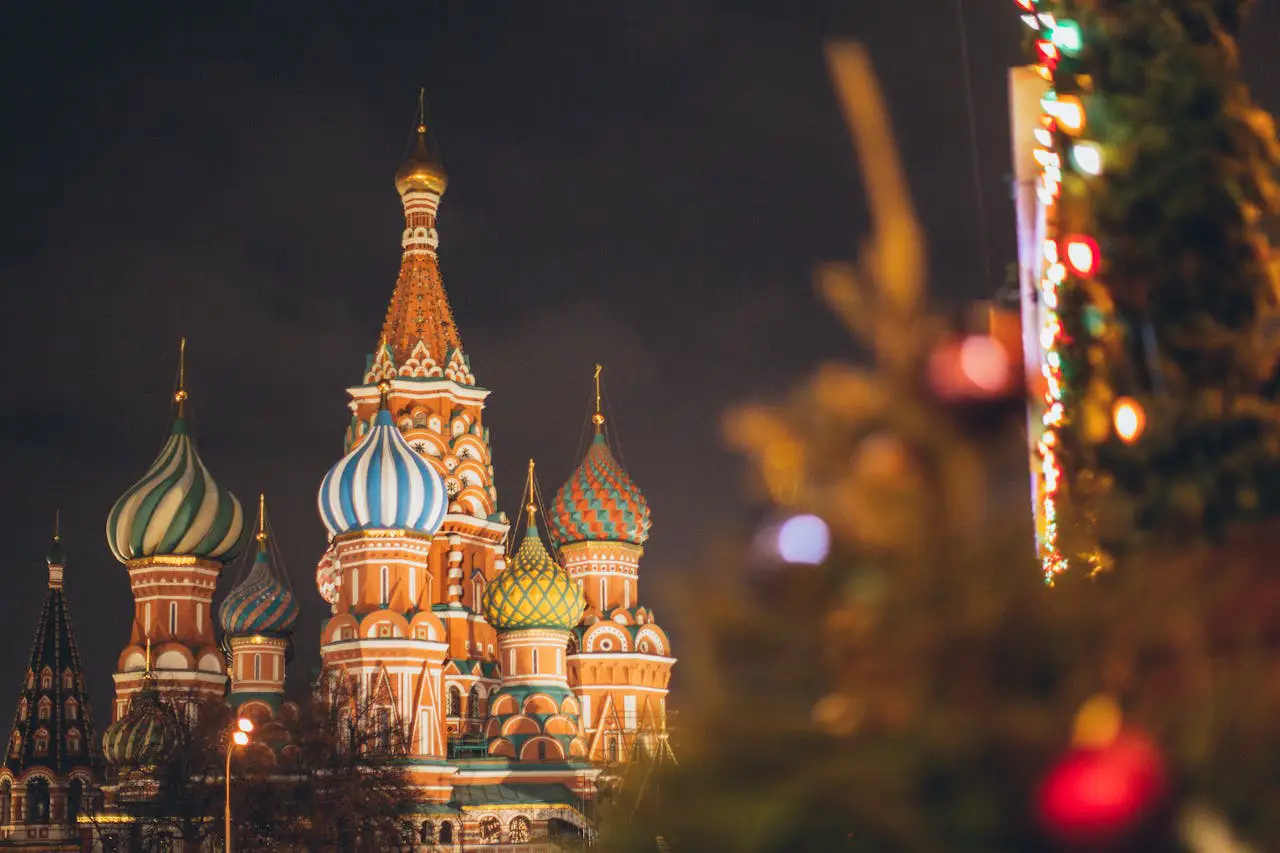Orthodox Christmas
Orthodox Christmas, celebrated on January 7th, holds a distinct place in the Christian calendar, observed by Orthodox Christians worldwide. Unlike the widely recognized December 25th Christmas, Orthodox Christmas follows the Julian calendar, emphasizing traditional religious customs over commercialized festivities.

History and Significance
Orthodox Christmas traces its origins to the Julian calendar, which predates the modern Gregorian calendar. This discrepancy in calendars results in Orthodox Christmas falling on January 7th, honoring the birth of Jesus Christ according to ancient traditions upheld by Orthodox Churches globally.
The Julian Calendar
The Julian calendar, established by Julius Caesar, remained in use for Christian celebrations until the Gregorian calendar’s introduction in 1582. Orthodox churches, however, continue to follow the Julian calendar, preserving the historical dates of significant religious events.
Customs and Traditions
Orthodox Christmas traditions are steeped in solemnity and spiritual reflection. Observers typically engage in a 40-day fast preceding Christmas, abstaining from meat and dairy products. On Christmas Eve, communities gather for Midnight Mass, a cherished liturgical service marked by candlelight and prayers.
Traditional Foods and Practices
During Orthodox Christmas, tables are adorned with symbolic items such as a white tablecloth representing Jesus’ swaddling cloth and candles symbolizing the light of Christ. Special dishes like “Kutia,” a sweet grain pudding, and “Uzvar,” a fruity beverage, are shared among families as part of the Holy Supper, fostering community and spiritual renewal.
Orthodox Christmas Around the World
Orthodox Christmas is celebrated prominently in Eastern European countries and among diaspora communities worldwide. Countries like Russia, Ukraine, and Serbia observe January 7th as a national holiday, with public ceremonies and cultural festivities honoring their religious heritage.
Frequently Asked Questions
Why is Orthodox Christmas celebrated on January 7th?
Orthodox Christmas follows the Julian calendar, differing from the Gregorian calendar’s December 25th date. This adherence preserves historical Christian traditions and dates of religious observances.
What are the key customs during Orthodox Christmas?
Key customs include fasting for 40 days prior to Christmas, attending Midnight Mass on Christmas Eve, and sharing symbolic foods like Kutia and Uzvar during the Holy Supper.
How do Orthodox Christmas celebrations differ from mainstream Christmas traditions?
Orthodox Christmas places greater emphasis on religious rituals and spiritual reflection rather than the secular aspects of Christmas, such as Santa Claus and gift-giving.
For more detailed insights into the history and customs of Orthodox Christmas, visit authoritative sources like AP News and CNN. Discover how Orthodox Christians worldwide commemorate this sacred holiday with reverence and tradition.


